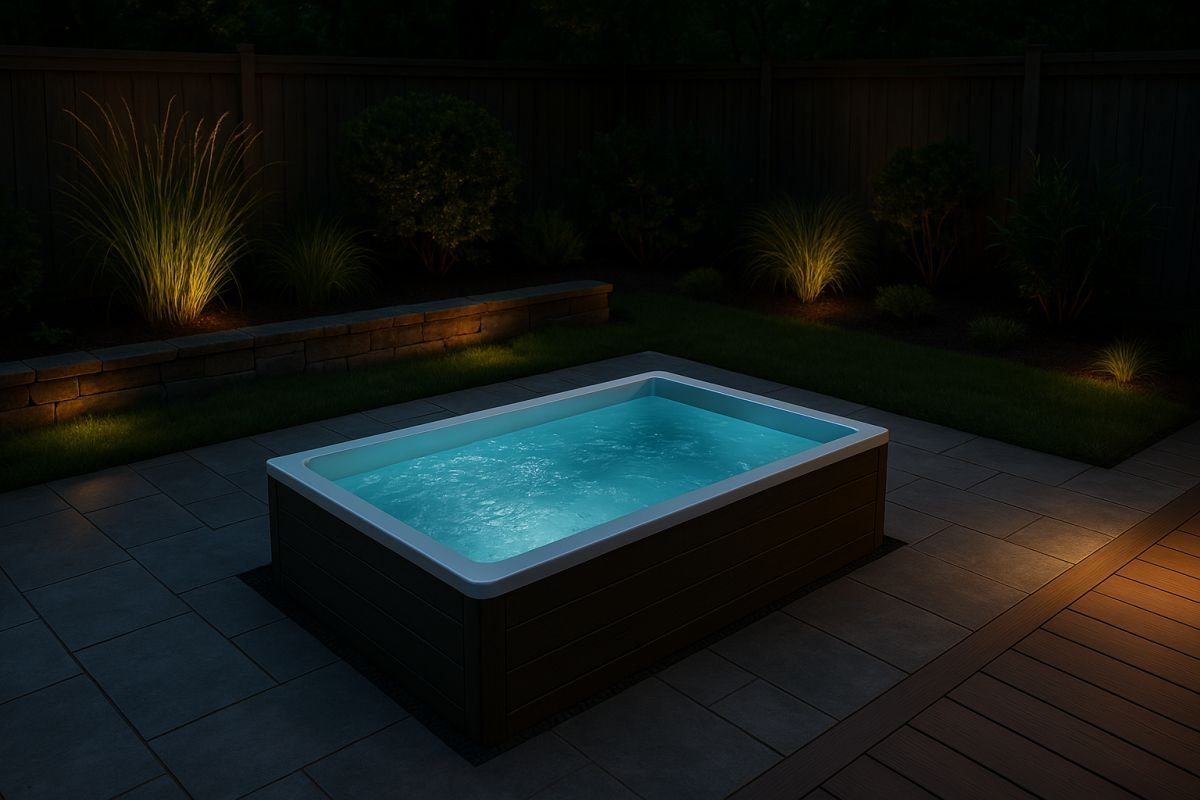Who Should Avoid Cold Plunges?
Introduction
Cold plunges, an invigorating trend in wellness and recovery, have gained immense popularity among fitness enthusiasts, athletes, and wellness advocates. Immersing oneself in icy water has been touted for its myriad benefits, including improved circulation, reduced muscle soreness, and enhanced mood. However, not everyone should dive headfirst into a cold plunge. This article explores the various factors and conditions that may make cold plunges unsuitable for certain individuals.
Who Should Avoid Cold Plunges?
Cold plunges are not for everyone. While many find the shock of cold water refreshing and beneficial, it can pose risks to specific populations. Understanding who should avoid these frigid experiences is essential for safety and health.
Understanding Cold Plunges: The Basics
Cold plunges involve immersing the body in cold water, typically at temperatures ranging from 50°F to 59°F (10°C to 15°C). The practice is often used post-exercise or as part of a wellness routine. The effects on the body include vasoconstriction (narrowing of blood vessels), reduced inflammation, and increased endorphin release.
Health Conditions That Warrant Caution
Certain health conditions may contraindicate the use of cold plunges. Let’s delve into some of these conditions that could lead individuals to avoid this invigorating practice.
1. Cardiovascular Issues
Individuals with heart problems need to be cautious about cold plunges. The extreme temperature can cause a sudden spike in heart rate and blood pressure.
Why Does It Matter?
Cold exposure triggers the body’s fight or flight response. For those with pre-existing cardiovascular conditions such as hypertension or arrhythmias, this response can lead to complications like heart attack or stroke.
2. Respiratory Concerns
Conditions such as asthma or chronic obstructive pulmonary disease (COPD) can be exacerbated by sudden exposure to cold temperatures.
The Lowdown
Cold air can constrict airways and trigger asthma attacks. If you're prone to respiratory issues, you might want to skip that plunge!

3. Raynaud’s Disease
Raynaud's phenomenon causes blood vessels to constrict excessively in response to cold or stress.
Implications
For individuals with Raynaud's disease, exposing themselves to cold water could lead to painful symptoms like numbness and color changes in fingers and toes.
4. Pregnancy Considerations
Expecting mothers often receive advice against extreme temperature exposures during pregnancy.
Why Is This Important?
While a brief dip might seem harmless, prolonged exposure could potentially affect fetal development due to stress placed on the mother’s body.
5. Neuropathy Conditions
People suffering from neuropathy may not react normally to extreme temperatures due to nerve damage.
What’s at Stake?
Inability to feel temperature accurately could lead someone with neuropathy into dangerously low temperatures without realizing it—posing significant risks.
Potential Psychological Effects of Cold Plunges
While many tout mental clarity post-cold plunge, it may not be universally beneficial.
6. Anxiety Disorders
For someone with anxiety disorders or PTSD, sudden immersion in freezing water might amplify feelings of panic rather than alleviate them.

The Takeaway
The shock of cold exposure could trigger a fight-or-flight response leading to heightened anxiety rather than relaxation.
Physical Limitations: Who Else Should Be Careful?
Beyond medical conditions, certain physical limitations can also dictate whether one should engage in cold plunges.
7. Elderly Individuals
As people age, their bodies react differently to temperature changes; they might struggle more with thermoregulation.
Cautionary Notes
Elderly individuals might experience adverse reactions like hypothermia more readily than younger adults if they go for a cold plunge without proper precautions.
8. Individuals with Compromised Immune Systems
Those undergoing treatment for cancer or suffering from autoimmune diseases may have weakened immune responses that could be negatively affected by stressors like extreme cold water immersion.
Why Be Wary?
A compromised immune system may not handle additional stress well; therefore, it's prudent for these individuals to consult healthcare providers before attempting cold plunges.
How To Safely Approach Cold Plunges if You’re Unsure?
If you’re uncertain whether you should partake in cold plunges but still want the potential benefits associated with it:
- Consult your physician.
- Start slowly; perhaps try cool showers before diving into an ice bath.
- Understand your body’s signals; if it feels wrong—stop!
FAQs
1. Can children participate in cold plunges?
Yes, but supervision is crucial! Children should only engage under appropriate guidance and limited duration due to their smaller size and less ability to regulate body temperature effectively.
2. How long should I stay in a cold plunge?
Typically around 3-5 minutes is sufficient for most people; however, always listen to your body!
3. What are alternatives if I can't do a cold plunge?
Alternatives include cool showers or ice packs applied strategically on sore muscles after workouts instead of full-body immersion!
4. Are there psychological benefits even if I have anxiety?
Some individuals find that gradual exposure helps manage anxiety over time—consultation with a therapist knowledgeable about exposure therapy techniques may help determine suitability first!
5. Can I still benefit from hot baths instead?
Absolutely! Hot baths promote relaxation and improved circulation without the risks associated with extreme cold exposure—perfect for recovery days!
6. Will weather conditions affect my experience?
Definitely! A chilly environment can amplify sensations during your plunge; consider outdoor temperatures when scheduling your sessions!
Conclusion
In summary, while many revel in the exhilarating experience that comes with engaging in regular cold plunges—and enjoy its myriad benefits—it’s clear that not everyone should take the plunge without careful thought regarding their unique health situations and needs. From cardiovascular concerns and respiratory ailments down through other physical limitations or psychological considerations—listening closely both internally as well as consulting trusted professionals will ensure your journey remains safe yet rewarding!
Whether you're an athlete seeking recovery strategies or Click here for info just someone curious about wellness trends—it pays dividends knowing who indeed should avoid those chilly waters! So do yourself a favor: prioritize your health above all else when considering any new regimen including those icy delights!